Microbiome Health for Kids: The Effects of Pesticides in the Diet
Share
Microbiome Health for Kids: The Effects of Pesticides in the Diet
The microbiome is finally being recognized and valued for its crucial role in creating and maintaining a robust immune system. We’ve all been inundated with information on how to best boost our immunity, so that if/when we become part of the population that contracts COVID-19 (30-70%), we are empowered to also be part of the population (80%) that sails through the infection unscathed. A strong and balanced immune system is vital, not only for protection from COVID-19, but also against assaults from a variety of other bad actors, like autoimmune disorders and cancer. With Covid-19, kids (94% of those infected) seem to be managing well, and their microbiota plays a big part in keeping their immune systems strong. So how can parents best support their kids’ microbiomes to ensure they have the strong immune systems needed to fight infections?
FOOD is the best medicine! Our diets should nourish our bodies and the microbes that work so diligently on our behalf. Our microbes enjoy organic, whole foods free of chemicals, rich in antioxidants and polyphenols, and filled with fiber (their favorite food)!
Food should be free of chemical additives. Our food supply (unless organic) is doused with pesticides and glyphosate-based herbicides (such as Roundup®). In a study performed by the Environmental Working Group, glyphosate was found in most oat-based cereals—food kids commonly eat. More than 250 million pounds of glyphosate is applied to our food crops each year. It is used on “Roundup®-ready” crops, which are designed to tolerate herbicides, as well as being used as a desiccant on off-label crops, such as oats, wheat and legumes.
So, how does glyphosate in our kids’ diet affect their microbiome?
Well, glyphosate is an antibiotic, and we know that antibiotics kill good bacteria along with the bad. Additionally, scientific literature has shown that glyphosate negatively affects our microbes via the shikimate pathway—a series of reactions found in plants and bacteria that create various proteins from aromatic amino acids. These proteins are necessary in synthesizing neurotransmitters, the chemicals that help run our neurologic systems. If their production is inadequate or imbalanced, neurocognitive dysfunction can result. Think about the epidemic of children diagnosed with Autism Spectrum Disorder (1 in 54 kids) and ADHD (10% of kids). Could this ubiquitous herbicide that has now permeated the global landscape be partly responsible for negatively altering our children’s microbiota and healthy neurological functioning?
The gut communicates with the brain via the enteric nervous system and by way of the vagus nerve. Microbes create neurotransmitters (such as dopamine and serotonin), but also other communicators (peptides and inflammatory chemicals) which directly affect brain function. ‘Inflammatory’ monocytes (cells produced by the innate immune system) are proposed to be the link between the antibiotic effect on the gut microbes by pesticides and changes reported in the brain, such as activation of the brain’s immune system (microglial cells). The microglial cell activation represents brain inflammation, which can be manifested as the neurocognitive disorders being reported in children.
So what can parents do? The first steps in sustaining our kids’ beautiful biota are prevention and avoidance! Eliminating exposure to pesticides is key to supporting microbial abundance and diversity. Eating an organic, plant-based diet with plenty of fermented foods is the cornerstone of dietary health. But, since kids can be such picky eaters, using a spore-based probiotic like MegaSporeBiotic™, can help supplement their diet and support a healthy immune system.

Dr. Michelle Perro, MD, DHOM
Integrative Pediatrician
With over 38 years in acute and integrative medicine, Dr. Perro is a veteran pediatrician. Over fifteen years ago, she revolutionized her clinical practice to integrate pesticide and health advocacy. During her long career, she both directed and worked as an attending physician in New York’s Metropolitan Hospital and UCSF Benioff Children’s Hospital Oakland. She has also managed her own company, Down to Earth Pediatrics, which innovated a new field of integrative urgent care medicine. Dr. Perro co-authored the acclaimed book, What’s Making our Children Sick, has authored numerous publications, and writes a new column in the journal, Townsend Letter. Currently, she lectures, consults, works at the Northern California integrative health center, Gordon Medical Associates, and is Executive Director of the non-profit scientific-based website GMOScience.org.
Collective members are paid sponsors and receive compensation for their content, but all opinions are their own.

2 comments
Do you have a recommendation for a chewable probiotic for an 11 year old who has trouble swallowing capsules?
Then why didn’t ban the GMO food ….80% poison in our plate ….stop selling pizza, kfc, burger and all lab preparations food